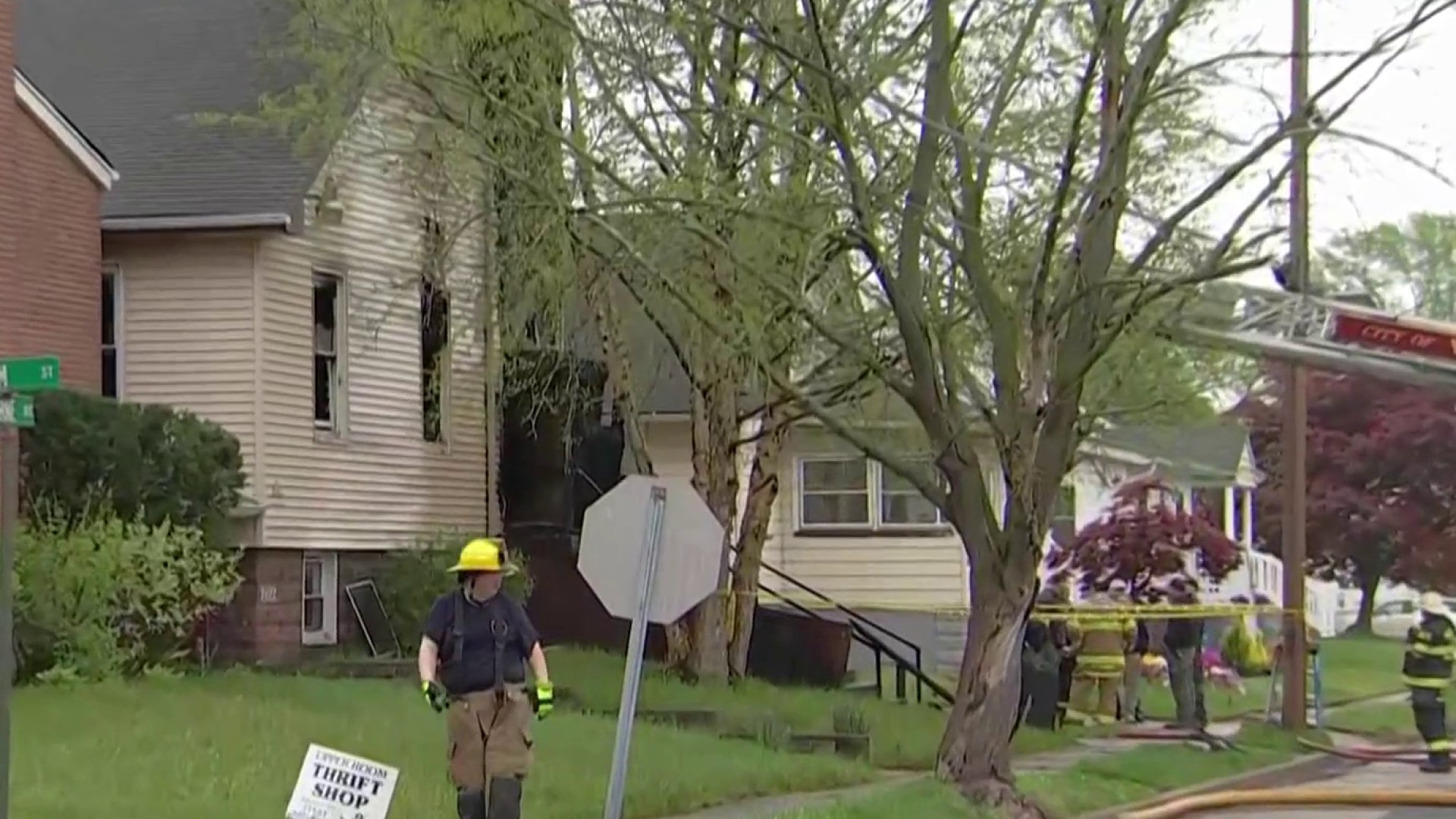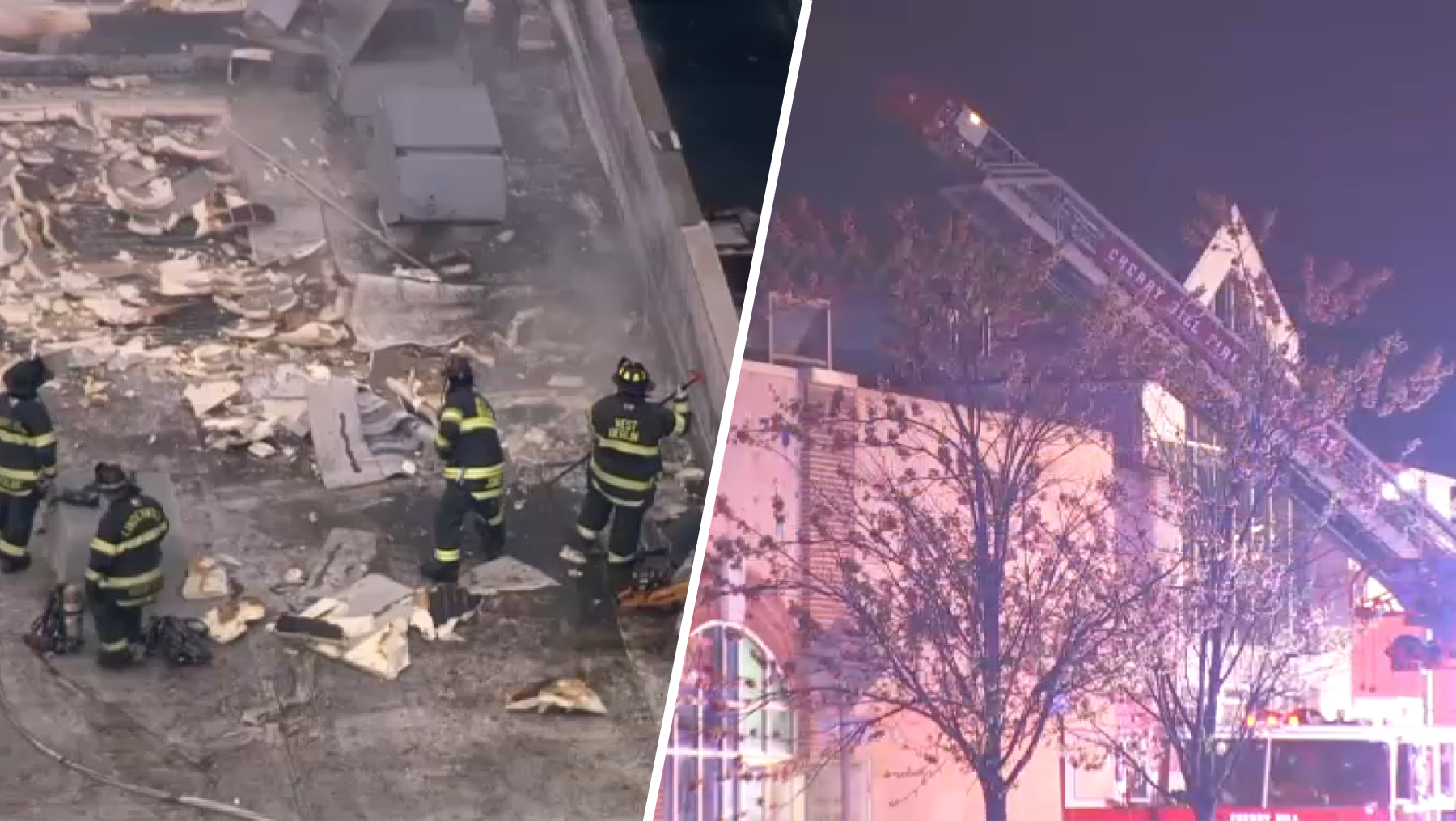The second winter storm this week caused widespread power outages into Thursday morning after a mixture of ice and snow weighted down tree limbs, causing them to snap and fall on power lines. Here are some tips, via the Red Cross, on what to do before, during and after a power outage inside your home.
Before the Power Goes Out
Make sure you have a backup power source if someone in your home is reliant on power for medical treatment.
Keep your car’s gas tank full.
Turn off your computers, televisions and other electronics when you’re not using them. This is important to do in order to avoid a power surge when the power returns.
To preserve food, keep one or more coolers inside your home. Inexpensive Styrofoam coolers work well.
Use a digital quick-response thermometer to check the internal temperatures of your food to ensure its cold enough to use safely. Have canned goods and a hand-operated can opener handy.
Local
Breaking news and the stories that matter to your neighborhood.
Have clothing and blankets handy to keep warm.
In case of a long-term outage, keep one gallon of water per person per day. Keep non-perishable, easy to prepare food items (3 day supply for evacuation, 2-week supply for home).
Have a working flashlight and a battery-powered or hand crank radio handy.
Keep a First Aid kit with a 7-day supply of medications and medical items.
Keep sanitation and personal hygiene items handy. Keep copies of personal documents, family and emergency contact info, a cell phone with a charger and extra cash.
Install carbon monoxide alarms in central locations on every level of your home and outside sleeping areas to provide an early warning of accumulating carbon monoxide.
When the Power Goes Out
Keep your refrigerator and freezer doors closed as much as possible. An unopened refrigerator will keep food cold for about four hours while an unopened freezer will keep your food cold for about 48 hours.
After using food from the refrigerator and freezer, use non-perishable foods.
Keep one light turned on so you know when power is restored. DO NOT heat your home with candles, the stove or an oven.
DO NOT use a generator indoors. Keep your generator outside in a well-ventilated area.
Stay clear of any downed power lines and be sure to report them.
Don’t travel unless you absolutely have to. Traffic lights will be out and roads will be congested.
If you’re using a portable generator, connect the equipment you want to power directly to the outlets of the generator. DO NOT connect a portable generator to a home’s electrical system.
DO NOT use a generator, grill, camp stove or other gasoline, propane, natural gas or charcoal burning devices inside your home, garage, basement, crawlspace or any partially enclosed area.
When the Power Comes Back on
Don’t touch any electrical power lines and keep your family away. Report downed power lines to the appropriate officials.
If the carbon monoxide alarm sounds, move quickly to a fresh air location outdoors or by an open window or door.
Throw away any food that has been exposed to temperatures of 40 degrees Fahrenheit or 4 degrees Celsius for two hours or more or food that has an unusual odor or texture. If you’re not sure, throw it out.
Never taste food or rely on the appearance or odor to determine its safety. Some foods may look and smell fine but if they’ve been at room temperature for too long, bacteria causing illness could grow quickly.
Contact Info
DO NOT call 911 to tell emergency operators that your power is out. They will be dealing with real medical emergencies. You can use the following numbers to report your loss of power.
- Emergency: 1-800-841-4141 (24 hour service)
- Customer Service: 1-800-494-4000 (Mon through Friday, 8 a.m. to 5 p.m., Sat. 9 p.m. to 1 p.m.)
- Emergency: 1-800-DIAL-PPL (1-800-342-5775 (24 hour service)
- Customer Service: 1-800-DIAL-PPL (1-800-342-5775) (Mon. through Fri. 8 a.m. to 5 p.m.)
- Emergency: 1-800-833-7476
- Customer Service: 1-800-642-3780
- Emergency: 800-436-PSEG (7734) (24 hour service)
- Emergency: New Castle County (DE) and Cecil and Harford Counties (MD) 1-800-898-8042
- Kent and Sussex Counties (DE) and the Eastern Shore of Maryland 1-800-898-8045
American Red Cross Southeastern Pennsylvania
- Contact: 215-299-4000



